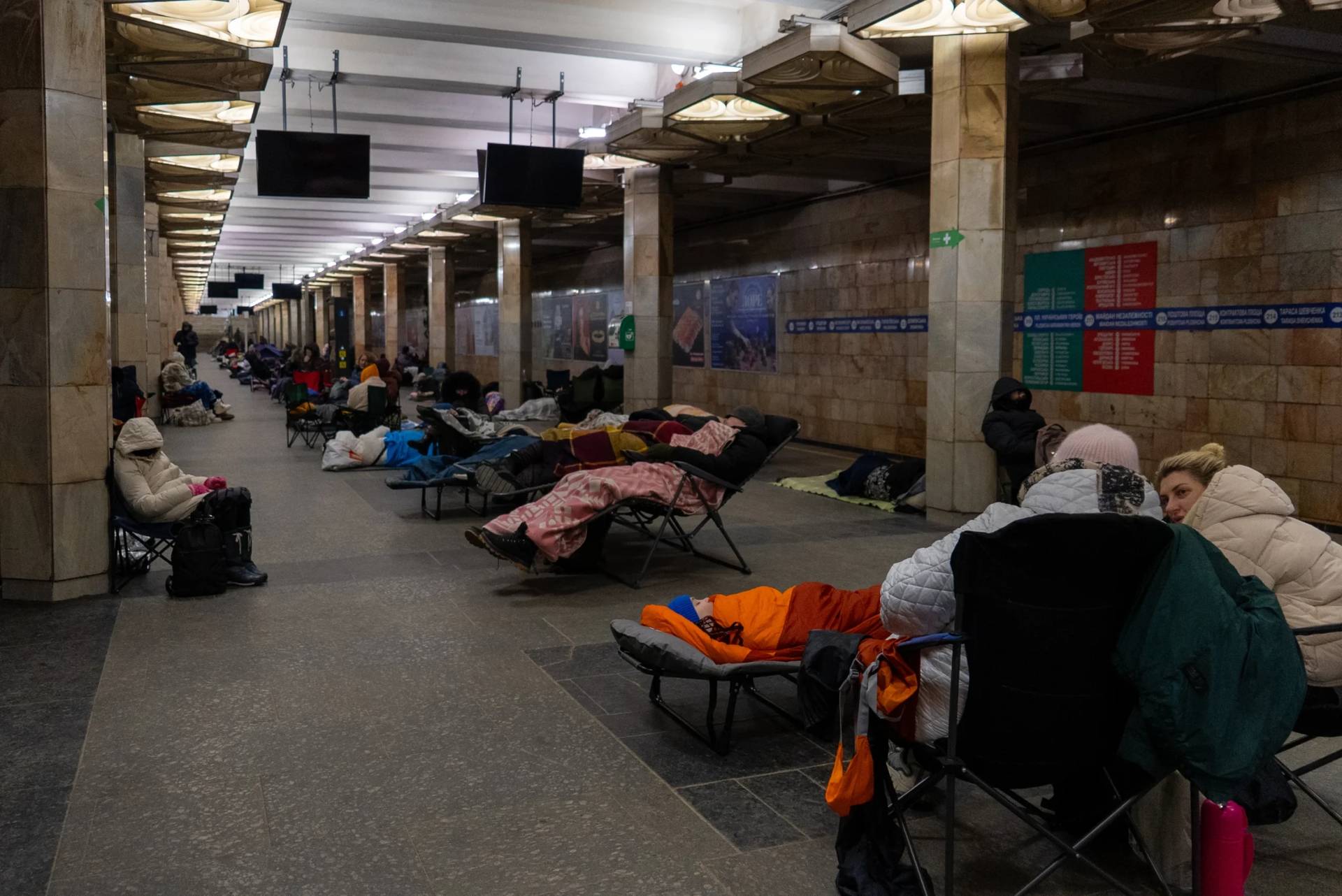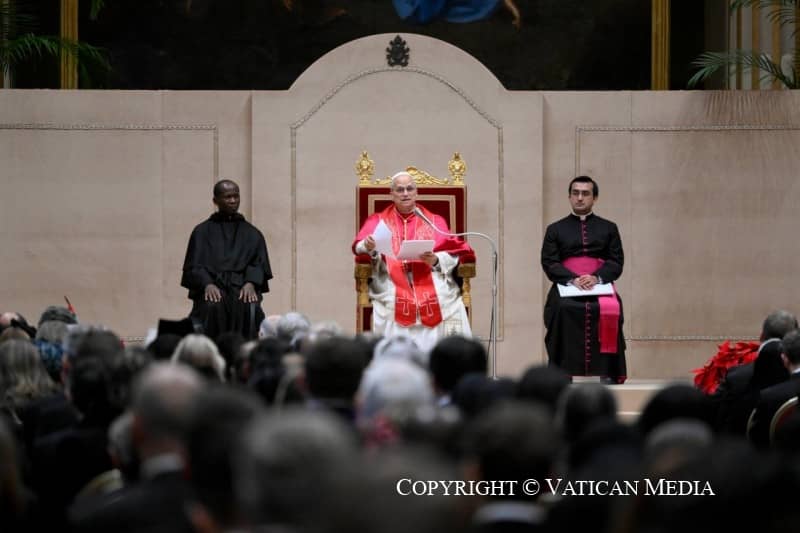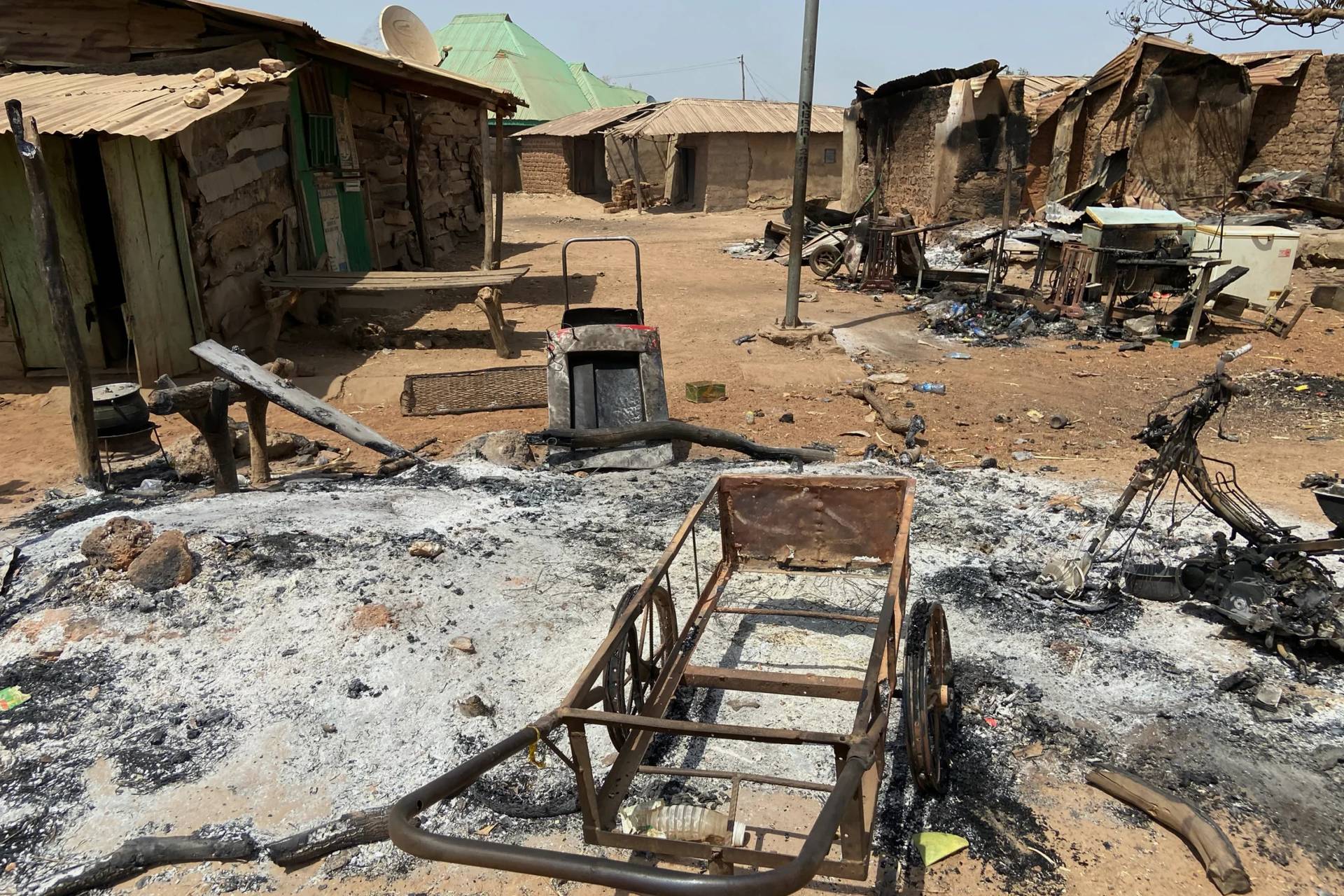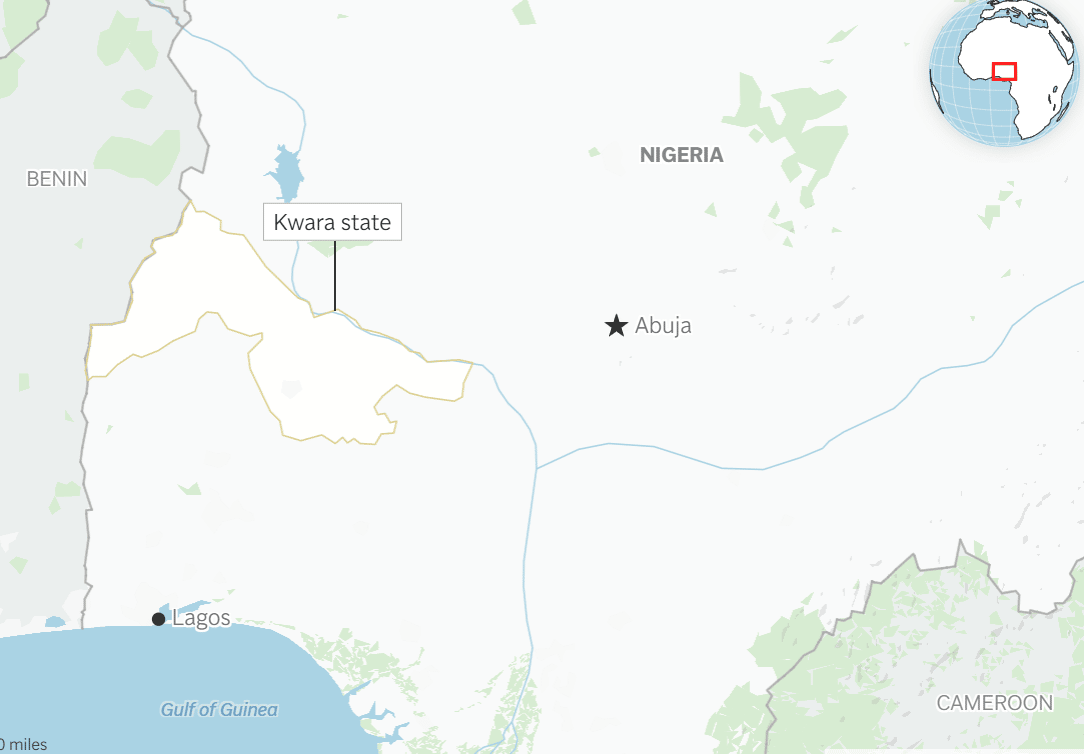Now that Pope Francis has come and gone from the nation of Myanmar without directly mentioning the fate of the persecuted Rohingya Muslim minority, some observers have concluded that the pontiff “blinked,” muzzling his previously strong advocacy for the Rohingya in order to placate a brutal regime.
The pontiff did directly mention the Rohingya in Bangladesh, meeting 18 of them today and saying “the presence of God today is also called Rohingya,” but the fact remains he didn’t do that in the country which is the origin of the problem. Before concluding that Francis just rolled over, however, a few notes are in order.
To begin with, whenever popes head to someplace where human rights are more honored in the breach than the observance, they have to make careful calculations about what sort of public tone is likely to help, versus what could make the situation worse. Certainly every pope since 1942, when the Dutch bishops protested wartime deportations of Jews and then watched helplessly as the Nazis retaliated by rounding up 92 Jewish converts to Catholicism, including Edith Stein (St. Teresa Benedicta of the Cross), has had to think about whether well-meaning rhetoric in the wrong circumstances could have deadly consequences.
There’s no magic formula, though popes try to take their cues to a great extent from the local church, which has to live with the consequences of whatever he says or does long after he’s back in Rome.
In this case, Cardinal Charles Bo of Yangon asked Francis not to inflame things by using the term “Rohingya” in his public rhetoric, since the regime insists the minority is not a legitimate resident of Rakhine state, where the term “Rohingya” originates. Instead, they’re styled as “Bengali interlopers” with no claim to residency or citizenship, and also faulted for engaging in violent insurrection.
The fact Francis’s own pick for the country’s first-ever cardinal plead with him to tread carefully undoubtedly weighed on the pope’s mind.
Beyond that, there are likely four other factors that also influenced the decision.
- It’s not as if Francis didn’t get his message across, despite avoiding the magic word. From the moment he arrived in Myanmar, Francis extolled human rights and healing ethnic conflicts, and everyone understood what he meant. Certainly the fact the Vatican announced that Francis will meet 18 Rohingya in Bangladesh this afternoon, composed of members of three refugees families — and, moreover, that a group photo will be taken with the pope — puts an exclamation point on the conclusion that you don’t always have to use a specific word to make yourself clear.
- Francis may have been reticent to cast the spotlight too strongly on the Rohingya in Myanmar because they’re hardly the only minority group in the country that’s suffering. As Crux’s Inés San Martín, traveling with the pope, has reported, “there are cases of ethnic oppression in the predominantly Christian Kachin state, as well as in the northern Shan states, as well as southeastern states and regions such as Karen, Kayah and Tanintharyi.”
- Also, Francis may have been worried that provoking the country’s military establishment could have negative consequences for Myanmar’s Christian minority, including the country’s 700,000 Catholics.
- Finally, Francis may also have been advised that leaving a bad taste in the mouth of his Burmese hosts could slow the transition to democracy, and thus undercut one of the aims he had come to promote.
RELATED: Pope in Myanmar: Cross a ‘spiritual GPS’ to the heart of our neighbor
Still, the fact that he spent three days in Myanmar without ever publicly mentioning the elephant in the room will doubtless strike many people as puzzling. Does his public silence in Myanmar mean that Francis in this case chose appeasement over confrontation?
The only honest answer is that we don’t know, because we don’t know what the pontiff said behind closed doors. Vatican spokesman Greg Burke, having issued the standard disclaimer that he won’t comment on the pope’s private exchanges, added on Wednesday: “Having said that, if you’ve watched and followed the pope, he’s a very free man.”
Before thinking that’s just a face-saving dodge on the pope’s behalf, let’s take a historical comparison.
Back in April 1987, another pope made a trip to a country ruled by a police state, which was considered one of the world’s worst human rights offenders at the time. Speaking to reporters aboard the papal plane en route to Chile under Augusto Pinochet, John Paul II referred to the military strongman as a “dictator,” raising hopes that the pontiff would lead an aggressive charge against Pinochet’s regime once he landed.
Inside the country, however, the pontiff was more discreet, avoiding any directly confrontational rhetoric. John Paul even agreed to step out onto the balcony of La Moneda, Chile’s presidential palace, with Pinochet, thereby granting him a precious photo-op. It was a controversial gesture, since that balcony is the spot where democratically elected presidents of Chile had traditionally received visiting nobility to present them to the cheering masses.
When John Paul chided Chilean priests to avoid “the temptation to identify with parties or political positions,” some in the country thought he was telling the anti-Pinochet opposition to dial it down.
As it turns out, however, this was hardly John Paul II pulling his punches.
We now know that John Paul was firm with Pinochet behind closed doors, pushing him to resign quickly and restore democratic rule. Within six months, Pinochet legalized opposition parties and agreed to a referendum on his rule, and one year after that the Pinochet regime was over.
Granted, comparing Chile in 1987 and Myanmar in 2017 is apples and oranges. Three decades ago, Chile was still a fervently and overwhelmingly Catholic nation in which a pope wielded enormous influence. Myanmar is a largely Buddhist society, in which a pope is more a curiosity than a kingmaker.
Still, all analogies are inexact. The point is that we don’t know what carrots or sticks Francis may have dangled in private, and therefore we can’t assess the long-term impact of his three-day trip simply on the basis of one loaded word he chose not to use in public.
As a final thought, it’s worth noting that amid the frenzy over whether Francis would drop the “R” word, it’s been largely overlooked that he’s also not said anything publicly about the fate of Myanmar’s suffering Christian minority, which might be expected to be a more direct object of his concern.
For instance, members of the Chin tribe, the lone group among the country’s major ethnicities to largely embrace Christianity, complain of routine harassment, persecution, and government policies seemingly designed to leave them in chronic poverty. Chin State is also one of the most brutal theaters of Myanmar’s armed conflicts, with nearly 92 percent of ethnic Chins reporting incidents of forced labor, rape or other serious abuses at the hands of Burmese soldiers, according to a report by the U.S.-based Physicians for Human Rights.
Perhaps the pope’s logic for not saying any of this out loud was the same as with the Rohingya, i.e., not wanting to make things worse in the name of making them better. In any event, if Francis declined to press publicly for the rights and safety of his own flock in Myanmar, then his caution about the Rohingya may be even more comprehensible.














